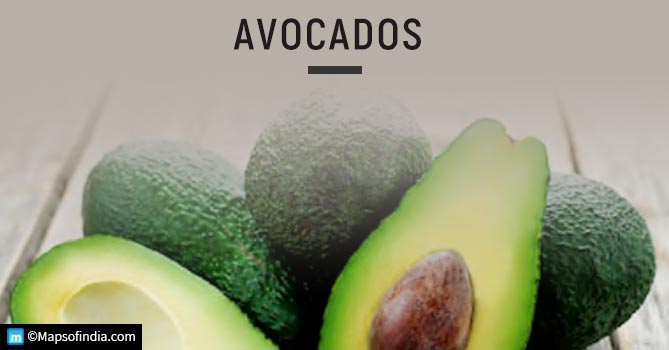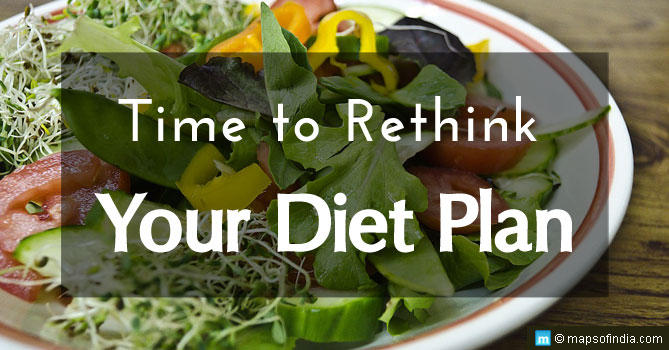Avocado is a good source of dietary fibre. It is a bright green fruit with a pear shape and dark leathery skin. English colonists named it alligator pears or butter fruit. It is also known as ‘Makkhan Phal‘ in India. They are eaten in various forms – salads, smoothies, wraps and brownies.
Nearly 7,000 years ago, the Central American avocado tree’s roots belonged to southern Mexico and Colombia. The Aztecs and Incas offered the avocado to Spanish conquistadors, who then termed them aguacate, as per the California department of public health (CDPH).
Avocado Nutrition facts
Avocado contains adequate calories, approximately 20 vitamins and minerals, low sugar, and is high in monounsaturated fat, which assists lower bad cholesterol. There is 1/3 of a medium avocado (50 grams or 1.7 ounces). One ounce includes 50 calories.
They consist of nutrients, namely vitamin K, vitamin C, vitamin B, vitamin A and vitamin E. Vitamin E could help improve wound healing, lower skin irritation caused by inflammation and soothe dry skin.
As the avocado is the product of trees, the fruit is botanically thought to be a berry because it has a fleshy pulp and a large single seed. For example, 100 gram of it comprises 81 micrograms of folate, 485 milligrams of potassium, 0.257 milligrams of vitamin B6, 2.07 milligrams of vitamin E and 10 milligrams of vitamin C.
One can store avocados at the given room temperature, considering it could take four-five days to ripen. Please place them in a paper bag beside papaya or apple to accelerate the process of ripening. When the outside skins are dark purple or black and turned to gentle pressure, they are prepared for consumption or can be refrigerated. Clean them before piercing so dirt and bacteria are not shifted from the knife onto the pulp. While ordering at a restaurant, think that all avocado dishes are created equal. Some avocado fries and avocado egg rolls are covered with batter and fried, with much-increased amounts in calories and fat. Knowing that guacamole is the primary way to consume avocado, one can also puree and toss with pasta, use butter or oil in the favourite baked good recipes or put them on or slice into sandwiches.
Calories in Avocado per 100 gram are 160.
- Total Fat – 15 gram
- Saturated – 2.1 gram
- Polyunsaturated – 1.8 gram
- Monounsaturated – 10 gram
- Total Carbohydrate – 9 gram
- Dietary fiber – 7 gram
- Sugar – 0.7 gram
- Protein – 2 gram
Healthy fats, minerals, vitamins from an avocado could prevent the following issues:
- Arthritis and osteoporosis: Vitamin K in avocados enhances bone health by reducing bone loss and avoiding osteoporosis. Research on oil taken from avocados reveals they can lower osteoarthritis symptoms in the human body.
- Cancer: The folate one receives from avocados may reduce the threats of kinds of cancers, namely colon and prostate cancer. Nutrients in avocados could also help treat cancer.
- Depression: Studies suggest a connection between depression and low levels of folate. Folate assists ward off the formation of a substance known as homocysteine in the blood. Homocysteine lowers down the process of nutrients to the brain and increases depression. The high levels of folate in avocados could help keep depression symptoms away.
- Digestion: It helps improve digestion as avocados include fibres that may avoid constipation. Fibre enables bulk to the stool, which often paves the way for the bowel leading to digest substances
- Inflammation: Chronic inflammation can prevent numerous diseases such as Alzheimer’s disease, diabetes, disease and arthritis. The vitamin E in avocados reduces inflammation in the body.





